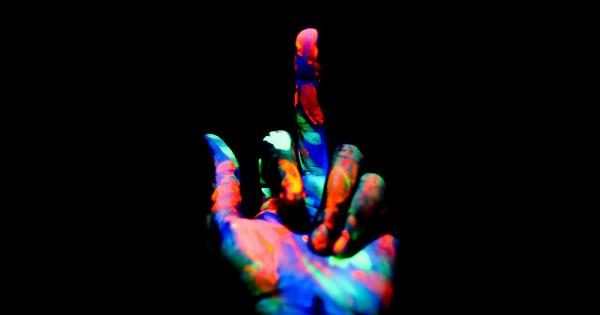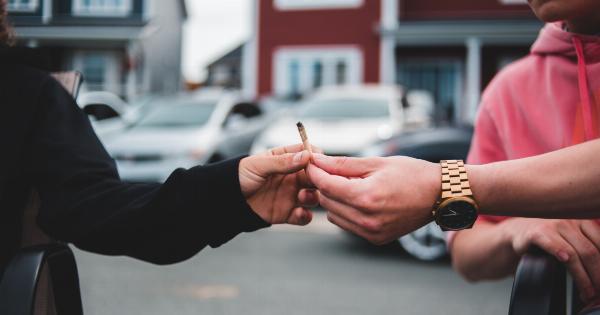Sleep is an essential biological process that plays a crucial role in maintaining our physical and mental health. It allows our bodies to rest and repair, and it also helps in consolidating memories and processing information.
The amount and quality of sleep we get can greatly affect various aspects of our lives, including our mood, cognition, and behavior.
The Relationship Between Sleep and Generosity
Generosity refers to the willingness to give and share resources with others selflessly. It is an important social characteristic that contributes to creating harmonious and supportive relationships within communities.
Recent research has explored the connection between sleep and generosity, revealing intriguing findings.
Study 1: Sleep and Prosocial Behavior
In a study published in the journal Sleep, researchers investigated the relationship between sleep and prosocial behavior.
Participants were divided into two groups – one getting a full night’s sleep of eight hours, and the other being sleep-deprived, with only four hours of sleep. The participants then engaged in a task where they were required to allocate a sum of money between themselves and a stranger.
The study found that the participants who had a full night’s sleep were more likely to be generous in their allocations compared to those who were sleep-deprived.
The sleep-deprived group tended to be more self-focused and less willing to give away a significant portion of the money.
Study 2: Sleep Restriction and Charitable Donations
In another study published in the journal Psychology and Aging, researchers explored the impact of sleep restriction on charitable donations.
Participants were assigned to two groups – one slept for a regular eight hours, while the other had restricted sleep for only four hours for six consecutive nights. Following their sleep schedules, the participants were asked to make a donation to a charity of their choice.
The study revealed that the group with sleep restriction exhibited significantly lower levels of generosity, with reduced donations compared to the group that had a regular full night’s sleep.
Sleep-deprived participants seemed to prioritize their own needs over the well-being of others.
The Role of Antisocialness
In addition to decreased generosity, research has also explored the relationship between sleep and antisocialness.
Antisocial behavior refers to actions that disregard and violate the rights of others, often driven by a lack of concern for the well-being of others. It can manifest as aggression, hostility, and a lack of empathy.
Study 3: Sleep Deprivation and Aggressive Behavior
A study published in the journal Psychiatry Research investigated the impact of sleep deprivation on aggressive behavior. Participants were randomly assigned to either a sleep-deprivation group or a well-rested control group.
The participants were then subjected to a provocation task, designed to induce feelings of frustration and anger.
The study found that sleep-deprived individuals displayed higher levels of aggression in response to the provocation. They exhibited more hostility and had a decreased ability to regulate their emotions.
The findings suggest that sleep deprivation can lead to heightened antisocial behavior, including increased aggression.
Study 4: Sleep and Empathy
In a study published in the journal Frontiers in Human Neuroscience, researchers explored the relationship between sleep and empathy.
Empathy refers to the ability to understand and share the emotions of others, forming the basis for compassionate and prosocial behavior. Participants in the study underwent a sleep manipulation, either receiving a full night’s sleep or staying awake.
The results revealed that sleep-deprived participants exhibited decreased levels of empathy compared to those who had a sufficient amount of sleep.
This diminished ability to empathize might contribute to antisocialness, as individuals struggle to understand and connect with the emotions and experiences of others.
Conclusion
The research discussed highlights the significant impact of sleep deprivation on generosity and antisocialness. Less sleep has been associated with decreased willingness to give, reduced charitable donations, and increased aggression.
Additionally, sleep deprivation diminishes empathy, making it harder to understand and connect with others on an emotional level, leading to heightened antisocial behavior.
Recognizing the importance of sleep and prioritizing healthy sleep habits can have profound effects on our social interactions and overall well-being.
It is crucial to ensure that we get enough sleep each night to maintain our generosity and foster positive social connections.





























